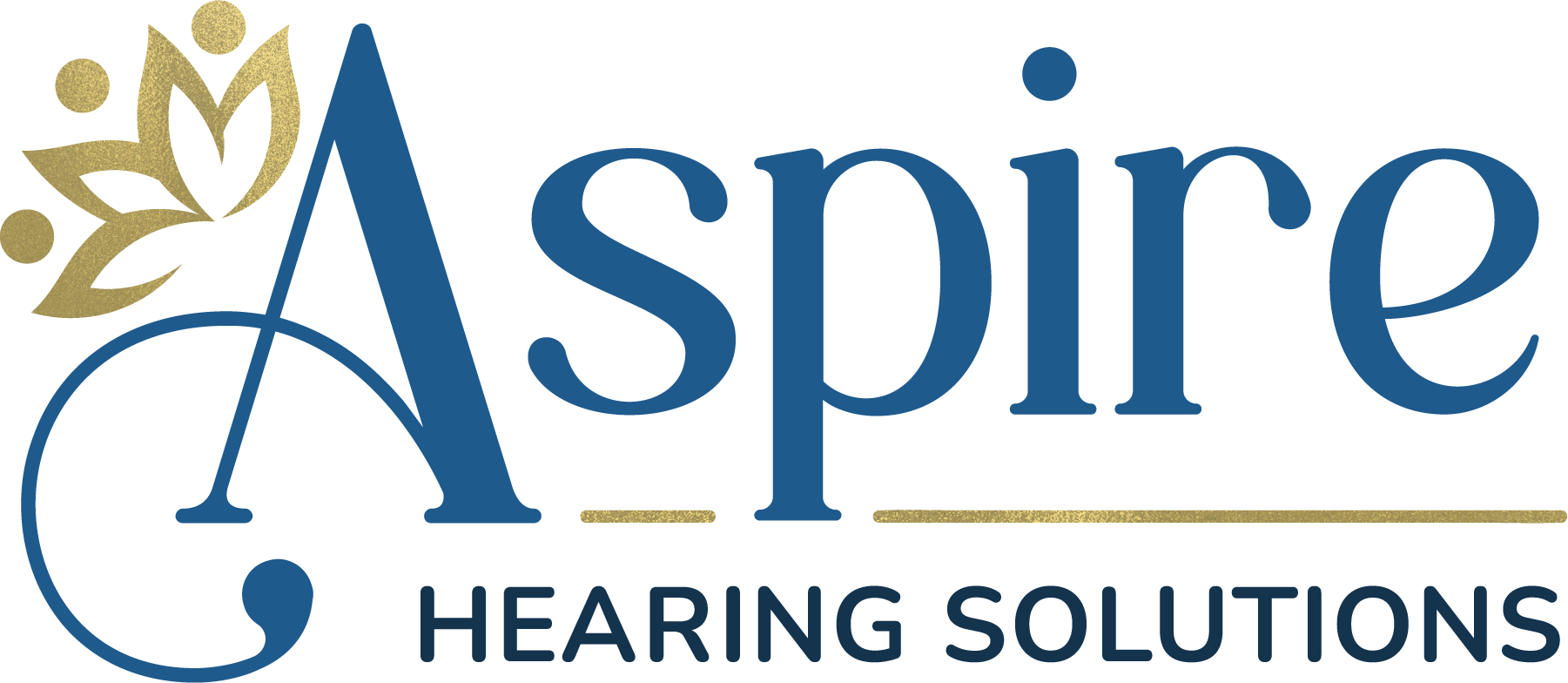
As we grow older, we tend to keep a close watch on our health, routine checkups, blood pressure checks, and eye exams. But one crucial area often gets overlooked: our hearing!
Many individuals are not aware of the pervasiveness of hearing loss, which often develops gradually, specifically as people reach the age of 50 and older. The good news? Routine hearing exams are fast, painless, and can make a significant difference in your general well being and quality of life!
Hearing loss: a common (and often silent) issue
Not all cases of hearing loss are as easily noticeable as continuously raising the volume or regularly requesting others to talk louder. It can be subtle at first, like missing parts of conversations, particularly in loud places, or feeling like people are mumbling more frequently.
As a matter of fact, 1 in 3 adults over age 65 has hearing loss, and around 28% over 52 have difficulty with day-to-day tasks as a result. The main issue derives from the fact that hearing loss tends to advance gradually, leading people to frequently underestimate the degree of their impairment until it starts to affect their social connections, work performance, or emotional well being.
Why hearing exams after age 50 make a difference
Exactly like an annual physical or vision screening, a hearing test is a proactive way to safeguard your health. Here’s why they make a difference:
Early detection means early response
It is easier to deal with hearing loss when detected early. Routine screenings enable audiologists to monitor changes and recommend interventions before the issue advances further.
Hearing health is linked to brain health
Studies have revealed that untreated hearing loss is associated with an increased risk of cognitive decline and dementia.
When hearing is jeopardized, the brain uses more effort to make up for the missing information, resulting in increased mental exhaustion and a decline in cognitive abilities over time.
Better communication, better relationships
Frustration, social seclusion, and depression may result from hearing impairment. Struggling to hear or misinterpreting others on a routine basis can have an unfavorable effect on both your personal and professional relationships. Addressing hearing problems helps maintain meaningful relationships.
Hearing affects balance and safety
In addition to assisting in your ability to hear, your ears also contribute to maintaining your balance and spatial orientation. Hearing loss has been linked to an increased danger of falls, particularly in older people.
What to expect while having a hearing exam
An audiological evaluation is a fast and relaxed process that typically lasts under 60 minutes. You will consult with a hearing specialist who will:
- Share your concerns and symptoms
- Use headphones to assess how well you hear various tones and pitches
- Possibly conduct speech recognition tests or other assessments
If hearing loss is detected, you’ll explore potential strategies, such as wearing hearing aids, utilizing assistive listening devices, or making changes to your daily habits to enhance your overall auditory well-being.
How frequently should you have a hearing assessment?
Hearing specialists advise getting an initial hearing evaluation at 50 years old, then having regular checkups every year or every other year, especially if you:
- Discover some amount of hearing decline
- Have a genetic history of hearing loss
- Work or have worked in loud settings
- Already use hearing aids
Don’t wait to get your hearing checked
Your hearing affects how you connect with the world. Having routine assessments once you reach the age of 50 can assist in maintaining your mental focus, social relationships, and autonomy. Additionally, scheduling these appointments is a straightforward way to monitor your health.
Need assistance getting started? Reach out to us now to schedule a complete hearing test. Whether you’ve noticed changes or just want peace of mind, hearing specialists are here to support your hearing– and your health– every step of the way!
